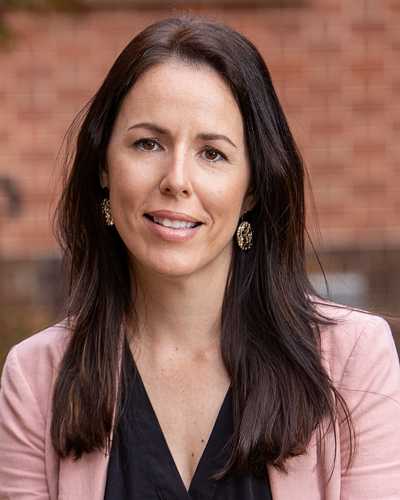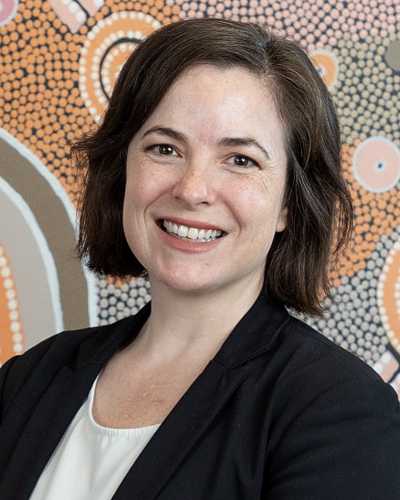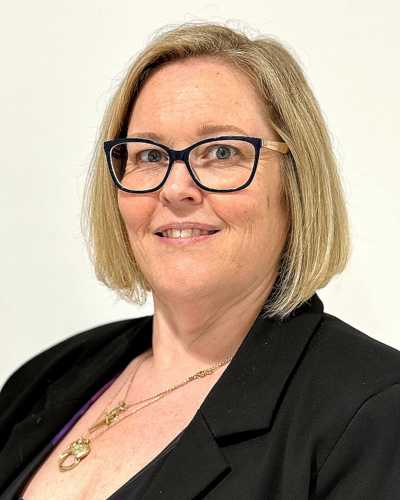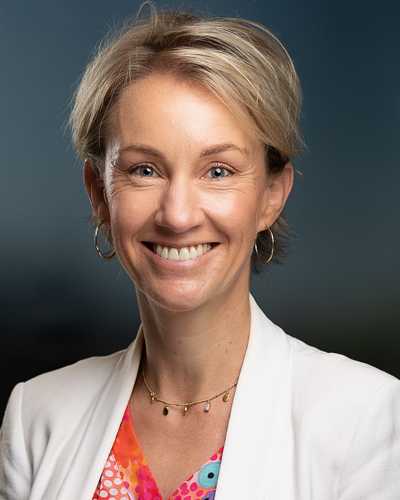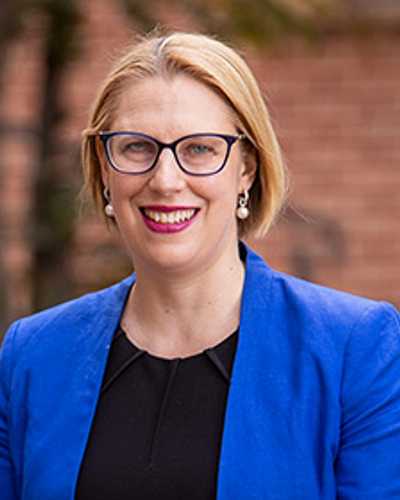Early abstract
More than 1-in-3 females and almost 1-in-5 males will experience child sexual abuse in Australia. Despite a recognised need to strive for consistent, safe and effective services that respond to child sexual abuse, there are currently no agreed minimum practice standards to guide services and victim-survivors to make informed choices about responses they provide or receive. The aim of this program was to develop Minimum Practice Standards for Specialist and Community Support Services Responding to Child Sexual Abuse (the Standards) that were evidence informed and accepted by the sector, victim-survivors and government. The design of the Standards utilised an evidenced-informed, mixed-methods approach and included a literature review, multiple rounds of consultation and validation and final government endorsement. This included parallel streams of focus groups, expert advisory discussions, validation processes and surveys and consolidation of written feedback. Consultation across the community support and specialist child sexual abuse sector included: those with a lived experience; key stakeholders from the community services sector; key stakeholders – government, peak bodies, advisory groups, and other interested parties; Aboriginal and Torres Strait Islander people; and academic, practice and policy experts. Through multiple cycles of iterative consultations, revisions and validation, the Standards achieved a high level of consistency and consensus on acceptability measures and received full government endorsement. The findings suggest that there will be challenges with implementing these Standards. However, these findings suggest that change is needed across the community support and specialist child sexual abuse sector to ensure minimum standards of safe and effective care for victims and survivors of child sexual abuse. The Standards provide an important tool for critical service, organisation and systems-level change to occur.
Keywords: child sexual abuse, co-design, consultation, standards, victim-survivors.


